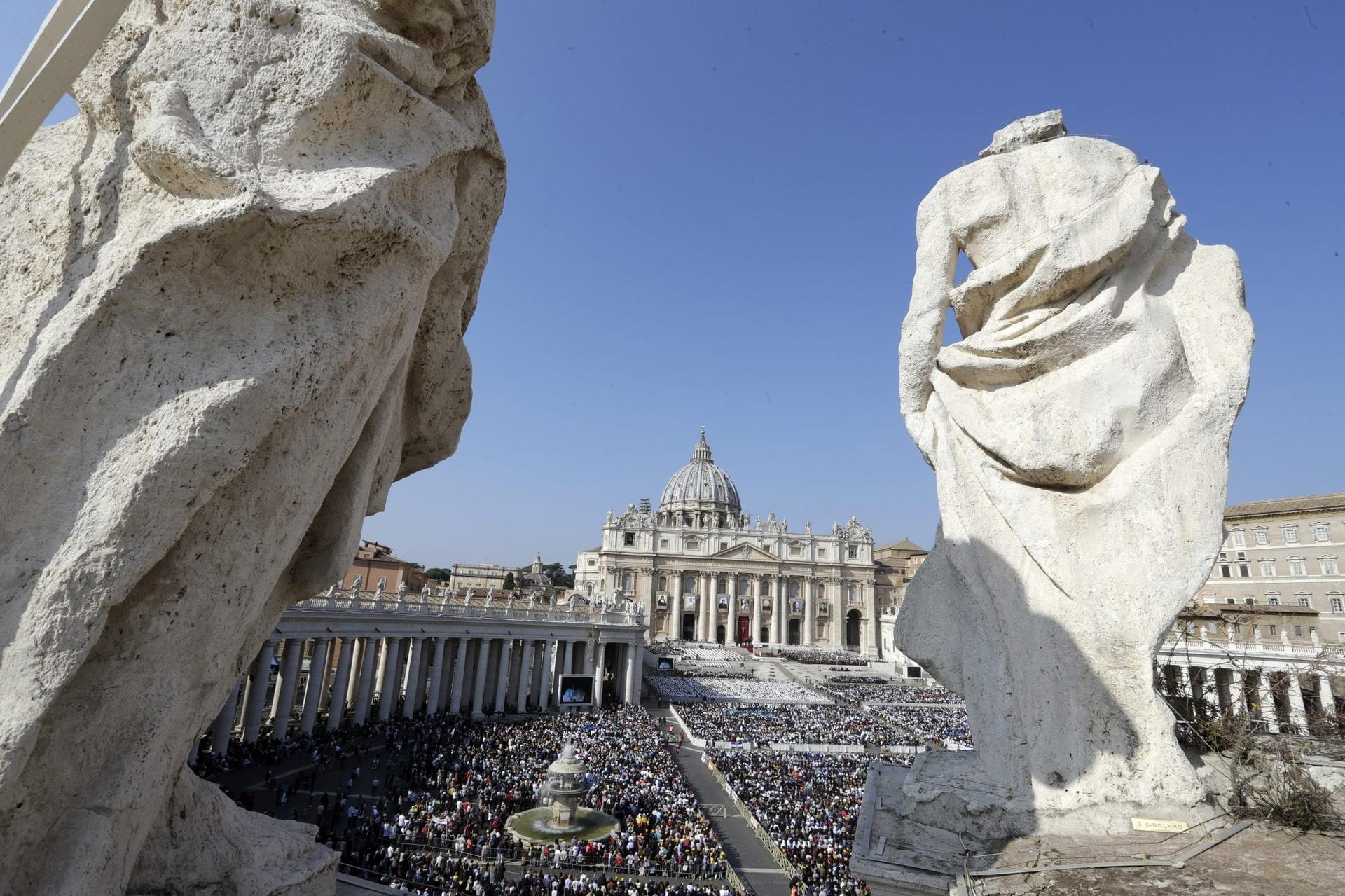In many ways, Christian believers are unique in a secular age.
In particular, we are distinct in acknowledging things “visible and invisible.” We know what is good and what is evil. We realize the power of goodness, but are also aware of the allure of evil and the presence of an Evil One. While we don’t obsess over such realities, we know they exist, and we see their harm and devastation in personal lives and in our world.
For the past couple of weeks, the readings at Mass have told us about the call of prophets Samuel and Jonah. Today, we hear of the coming of a great Prophet who will be like Moses himself.
Such a context begs a few questions: What is the purpose of a prophet? Why was such a magnanimous prophesy given about the coming of a prophet like Moses?
The prophets in ancient Israel were summoned by God to speak his words. They were oftentimes words of warning, admonishment, and correction, as well as renewal, blessing, and hope.
While some prophets were given oracles of the future, this was a lesser gift. More to the point in terms of the future, a prophet “foretold” things because he could see the consequences of sin and evil. As a contemporary example, we could say: If you rob a bank, you’re going to be sent to jail. It’s not a mystical power that reveals that, but rather a knowledge of actions and consequences.
The words of a prophet, therefore, were about listening to God, seeing the world, exposing reality, and speaking the truth. Whether he was blessing goodness or denouncing evil, the words of a prophet had power because they were true. In these ways, we can say that a prophet was a vessel of divine wisdom, a mirror for our world, a messenger, a teacher, a signpost, and a sign of contradiction.
The ministry of a prophet was juxtaposed by those who heard the words of God and ignored them, who saw reality and did not speak, and who refused to call good “good” and evil “evil.” Such antithesis to the prophets only proved the tragedy of the saying: In order to triumph, evil only needs good people to remain silent.
Prophets are called to be a voice – even a megaphone – proclaiming and announcing truth. It is oftentimes a truth that is not wanted or welcomed, which is exactly why God has raised them up. In a fallen world, with darkness and evil, a prophet is to be a light and a source of clarity and hope.
In fulfillment of the prophesy of Moses, a great Prophet came among us. Born of a woman, under the law of God, Jesus of Nazareth was sent to us. Doing a prophet’s work, he spoke with uncommon authority and left people in a state of wonder over his preaching.
Surpassing even Moses, the promised Prophet was the Messiah, the long-awaited savior, who was God incarnate. Jesus – the Prophet – entered into the fray. He infinitely exceeded expectations, showing us the face of our Father, and providing us the means of redemption from our sins.
Healing the visible evils of our world by his miracles and signs, the Lord Jesus also fought the invisible darkness of our world. And so, the Mass readings today take us from the promise of a great Prophet to the synagogue in Capernaum.
In the local synagogue of the famous port city, the agents of the Evil One revealed themselves, and acknowledged the Lord’s authority. Fighting every evil – visible and invisible, earthly and spiritual – the Lord silenced and banished them. They lost their power in his presence.
The work of the Prophet, therefore, finds its true fulfillment in this holistic work of the Lord Jesus.
As we consider these realities, and see the words and works of the Lord, we are also reminded on this Sunday, that we too have been called to the prophetic office.
Every baptized person has received the anointing of a prophet, as the priest (or deacon) prays: “God the Father of our Lord Jesus Christ has freed you from sin, given you a new birth by water and the Holy Spirit, and welcomed you into his holy people. He now anoints you with the chrism of salvation. As Christ was anointed Priest, Prophet, and King, so may you live always as a member of his body, sharing everlasting life.”
As the Lord spoke, named good and evil, and fought the fallenness of our world, so also every Christian – adding to the peculiarity of our way of life – is called to do a prophet’s work. We are literally anointed to speak uneasy truths, summon our world back to uncomfortable goodness, labor for discarded beauty, and suffer persecution for the sake of righteousness.
This is the prophetic way of life. This is the way of life of the Christian believer.
Follow Father Jeffrey Kirby on Twitter: @fatherkirby
















